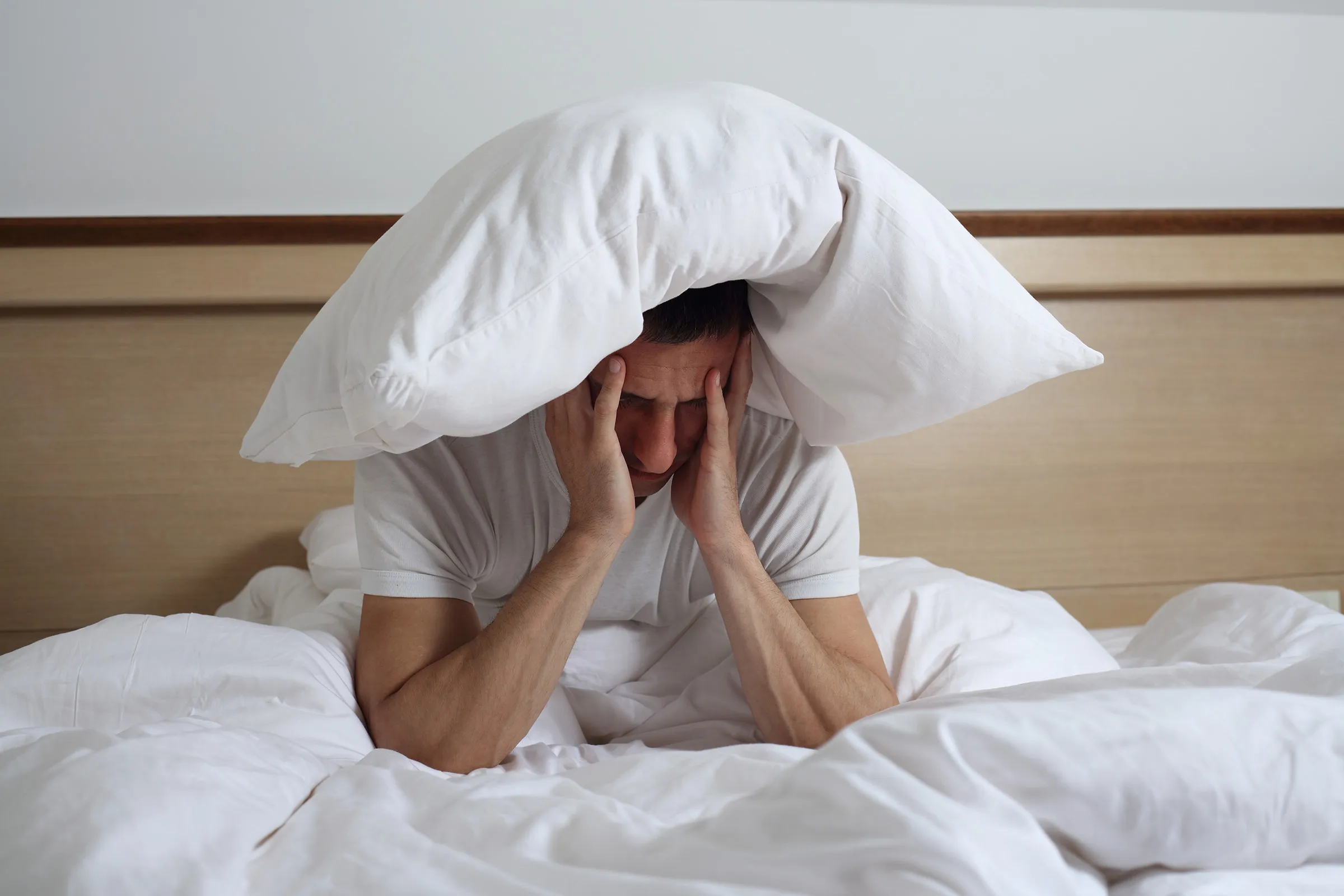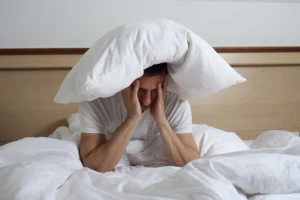Understanding the Importance of a Good Night’s Sleep
What Keeps Us Awake at Night?
Identifying Common Culprits for Sleep Troubles
Are you finding it hard to get a good night’s sleep? You’re not alone. Many people struggle with sleep, and it can have a big impact on our health and well-being. In this article, we’ll explore some common causes of sleep difficulties and what you can do about them.
Stress and Anxiety
One of the biggest factors that can interfere with sleep is stress and anxiety. When we’re feeling stressed or anxious, our minds can race, making it difficult to relax and fall asleep. The day’s worries can keep us tossing and turning all night, leaving us tired and worn out the next day.
Poor Sleep Habits
Another common cause of sleep troubles is poor sleep habits. This can include things like irregular sleep schedules, using electronic devices before bed, and consuming caffeine or alcohol late in the day. These habits can disrupt our body’s natural sleep-wake cycle, making it harder to fall asleep and stay asleep throughout the night.
Environmental Factors
The environment in which we sleep can also play a big role in how well we rest. Factors like noise, light, and temperature can all affect our ability to sleep deeply and soundly. If your bedroom is too noisy or too bright, it can make it harder to drift off to sleep and stay asleep throughout the night.
Medical Conditions
Certain medical conditions can also contribute to sleep difficulties. Conditions like sleep apnea, restless leg syndrome, and chronic pain can all interfere with our ability to get a good night’s sleep. If you suspect that a medical condition is causing your sleep troubles, it’s important to talk to your doctor to explore treatment options.
Lifestyle Choices
Our lifestyle choices can also impact our sleep quality. Factors like diet, exercise, and smoking can all affect how well we rest at night. Eating heavy meals before bed, not getting enough physical activity during the day, and smoking cigarettes can all make it harder to fall asleep and stay asleep throughout the night.
Finding Solutions for Better Sleep
If you’re struggling with sleep, there are steps you can take to improve your sleep quality. Here are a few tips to help you get a better night’s rest:
- Establish a bedtime routine: Try to go to bed and wake up simultaneously every day, even on weekends. This can help regulate your body’s internal clock and make it easier to fall asleep at night.
- Create a relaxing sleep environment: Make sure your bedroom is dark, quiet, and cool. Consider using earplugs or a white noise machine to block out any unwanted noise, and invest in blackout curtains to keep out any light.
- Limit screen time before bed: The blue light emitted by electronic devices can interfere with our body’s natural sleep-wake cycle. Try to avoid using screens like phones, tablets, and computers for at least an hour before bed.
- Manage stress and anxiety: Practice relaxation techniques like deep breathing, meditation, or yoga to help calm your mind and relax your body before bed.
- Avoid caffeine and alcohol late in the day: Both caffeine and alcohol can interfere with your sleep quality, so try to avoid consuming them in the hours leading up to bedtime.
Conclusion
Struggling with sleep can be frustrating, but it’s important to remember that you’re not alone. By identifying the potential causes of your sleep troubles and taking steps to address them, you can improve your sleep quality and wake up feeling refreshed and rejuvenated each morning. If your sleep troubles persist, don’t hesitate to reach out to a healthcare professional for help and guidance.
In conclusion, if you find yourself struggling with Sleep, it’s crucial to address the root causes and make changes to your habits and environment to promote better rest. With patience and persistence, you can overcome sleep difficulties and enjoy the benefits of a good night’s sleep.
 Now
Now








